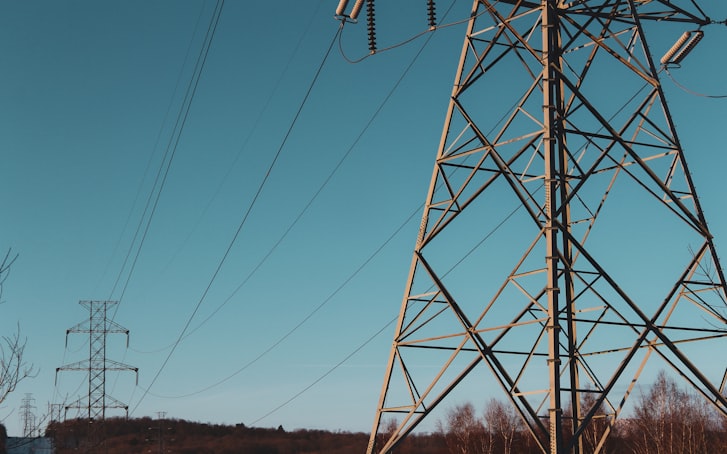Choosing the Right Size Generator for Your Need
Choosing the Right Size Generator for Your Needs
Generators are invaluable assets, providing power during blackouts or in areas where conventional electrical service isn’t accessible. With a vast range of options available, from 800 watts to over 500,000 watts, selecting the appropriate size generator can be perplexing. However, fear not! This guide is tailored to assist you in determining the ideal generator size to meet your requirements. But first, let’s delve into understanding your power needs and calculating the right generator size.
What Generator Size Will Work Best for Your Home?
Determining the suitable generator size for your home necessitates a comprehensive evaluation of your power requirements. Are you pondering, "How big of a generator do I need?" Essentially, you’re seeking to ascertain the total wattage necessary to power your household appliances and systems. Begin by compiling a list of appliances and systems you intend to power during an outage or off-grid scenario. Refer to your appliance and system manuals for precise wattage specifications.
Consider this: What challenges do consumers face when estimating their power needs, and how can they accurately calculate their requirements?
Understanding Starting, Running, and Surge Wattage
Before delving into generator sizing, it’s crucial to comprehend the concepts of starting wattage, running wattage, and surge wattage. Your running wattage denotes the power required to sustain the operation of a device, whereas starting wattage represents the initial surge of power required to initiate the device. Typically, the starting wattage is approximately three times the running wattage. Surge wattage signifies the maximum power output of your generator. Armed with this knowledge, you’re better equipped to determine your ideal generator size.
How do starting, running, and surge wattages impact the selection of an appropriate generator size, and what precautions should consumers take when considering these factors?
Calculating Generator Size
Now, let’s demystify the process of calculating the correct generator size. Suppose you wish to power a small refrigerator. Consulting the refrigerator owner’s manual reveals a running wattage of 350 watts. Applying the formula:
Running Wattage (R) = 350 watts
Starting Wattage (S) = 350 x 3 = 1,050 watts
Total Wattage (R + S) = 350 + 1,050 = 1400 watts
Hence, to power the refrigerator, you’d require a generator capable of delivering at least 1400 watts. Remember, it’s prudent to select a generator that comfortably accommodates your power needs without exceeding 90% of its capacity.
What strategies can consumers employ to ensure they accurately determine their generator size requirements, and what benefits do these precautions offer?
Types of Generators
Generators are available in various wattage sizes and types, catering to diverse needs and preferences. While solar and battery generators exist, the predominant options are gas generators, utilizing propane, natural gas, or diesel fuels. Here’s a breakdown of the three primary types of generators:
-
Portable Generators: Ideal for outdoor activities like camping and tailgating, portable generators offer convenience and affordability. They also serve as emergency power sources during blackouts or storms.
-
Inverter Generators: Renowned for their reduced noise levels and enhanced fuel efficiency, inverter generators convert AC power to DC power, making them suitable for RVs and battery-operated devices.
- Whole House Generators: Providing backup power for your entire home, these generators are hardwired and invaluable during power grid interruptions.
Why should consumers consider the specific features and functionalities of each generator type before making a selection, and how can these choices align with their individual needs?
In conclusion, selecting the right generator size hinges on a meticulous assessment of your power requirements and preferences. By understanding starting, running, and surge wattages and exploring the various types of generators available, you can confidently navigate the selection process. Remember, it’s always prudent to be prepared with a generator to ensure uninterrupted power supply when you need it the most.
Are you ready to embark on your generator journey? Explore our diverse range of options, conveniently available for online purchase or rental at your local Home Depot. Empower yourself with the right generator and embrace peace of mind, knowing you’re prepared for any power-related challenges life may throw your way.++++++++++++++++++++++++++++++++++++++++++++++++++++++++++++++++++++++++++++++++++


